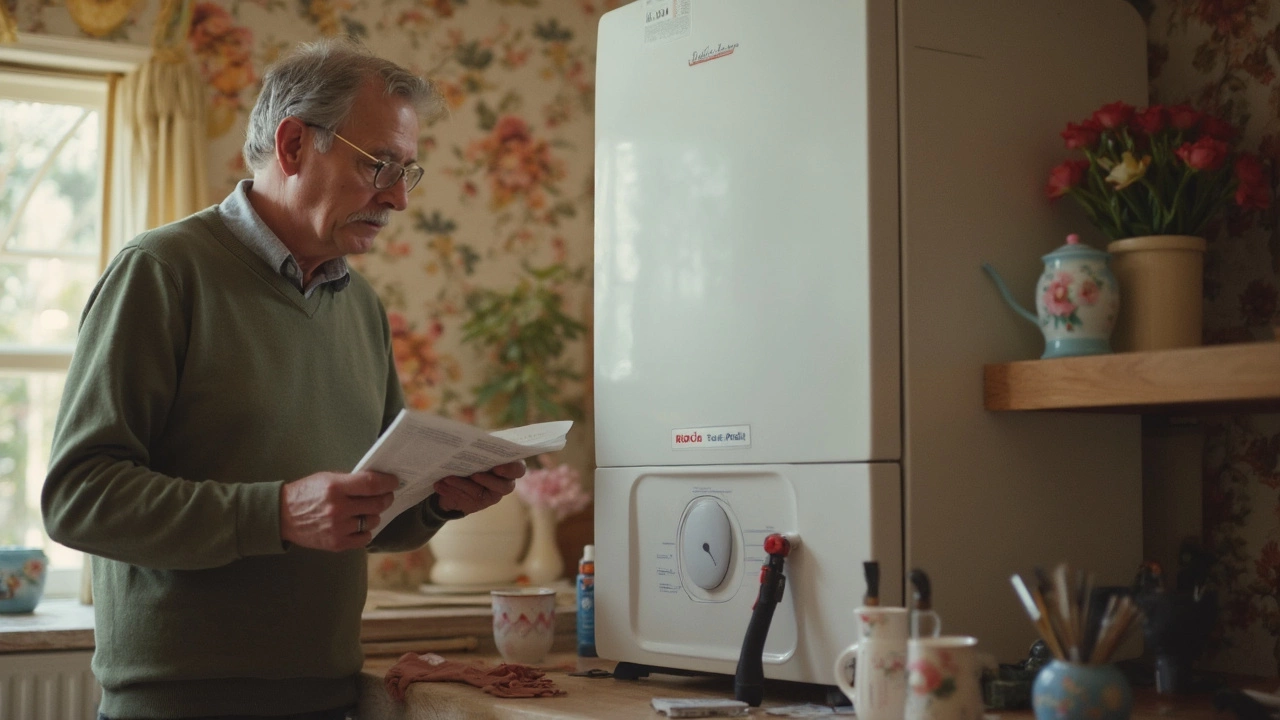Water Heater Tips: Simple Ways to Keep Hot Water Flowing
Got a water heater that’s acting up? You don’t need a PhD to keep it running. A few easy steps can stop the annoying cold showers and save you money. Below are the most useful tips you can start using right now.
Check the Anode Rod and Flush the Tank
The #1 cause of water heater failure is a worn‑out anode rod. This metal stick sits inside the tank and eats away the rust before the tank does. If you ignore it, the tank will corrode and leak. Grab a wrench, pull the rod out, and look for at least half its length still intact. If it’s less than an inch, replace it – the part is cheap and the job takes under 30 minutes.
While the rod is out, flush the tank. Sediment builds up over time and makes the heater work harder. Turn off the power or gas, attach a garden hose to the drain valve, and let the water run until it looks clear. This simple flush can add years to the unit’s life.
Set the Right Temperature and Spot Common Problems
Most people set their heater to 140°F (60°C) to kill bacteria, but that’s hotter than you need for daily use and wastes energy. 120°F (49°C) is plenty for showers and cuts your bill by up to 10 %. Adjust the thermostat on the control panel – it’s a quick turn of a knob or a digital press.
Keep an eye out for a few tell‑tale signs that the heater needs attention. If the water takes longer than usual to heat up, the pilot light flickers, or you hear rumbling noises, those are clues that sediment or a failing part is at work. Catching these early means cheaper fixes.
Another common hiccup is the heater constantly resetting. This usually points to a thermostat issue or a buildup of mineral deposits. Try resetting the unit according to the manual, then schedule a professional check if the problem repeats.
Finally, don’t forget the safety valve. Lift the handle gently – water should flow out without spraying. If it’s stuck, you have a pressure problem that could cause a leak or even a burst.
By doing a quick anode check, flushing sediment, setting the right temperature, and watching for warning signs, you’ll keep your water heater humming for years. Need a hand? Our Glastonbury technicians are just a call away, but most of these tips you can handle yourself in under an hour.

How Long Should Your Water Heater Last? Expert Repair Tips & Lifespan Facts
Get the facts on how many years a water heater really lasts, what affects its lifespan, and easy tips to help yours last longer. Learn when to repair or replace.

What Usually Fails on a Water Heater? Top Issues, Simple Fixes
Wondering why your water heater stops working? This article breaks down the most common things that go wrong, from heating elements to thermostats, and explains what causes these issues. You’ll learn how to spot signs of trouble before you’re left with a cold shower. I’ll also share practical tips to help you keep your water heater running longer. Easy language, real-life advice, and a few tricks from my own toolbox.